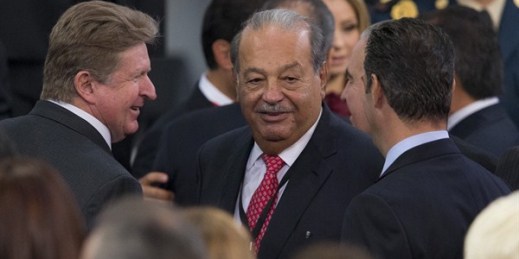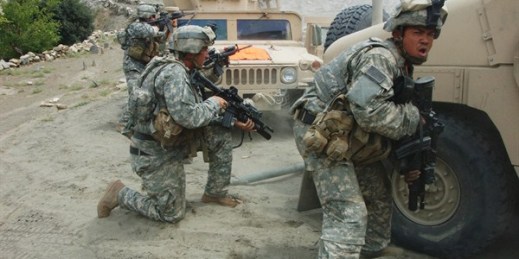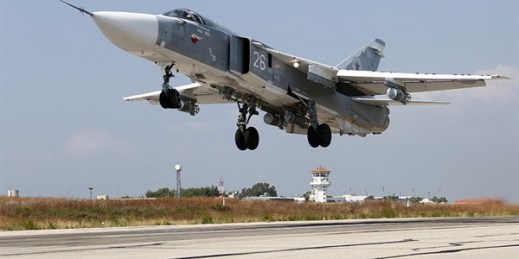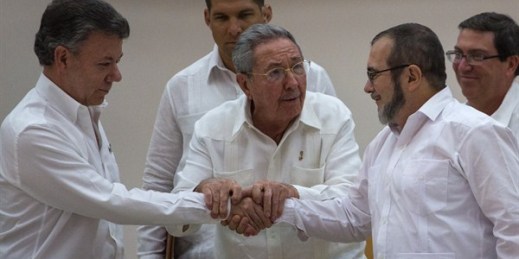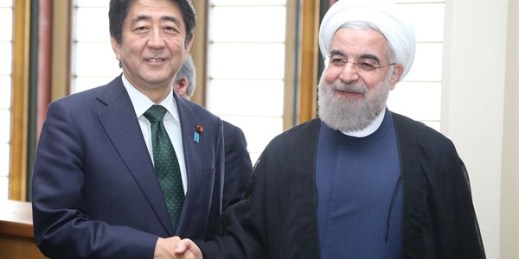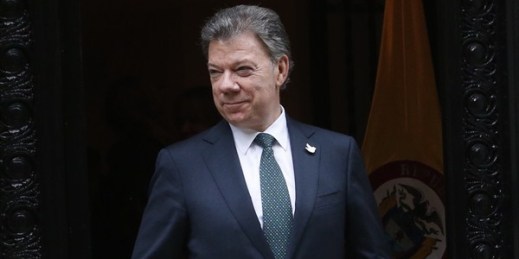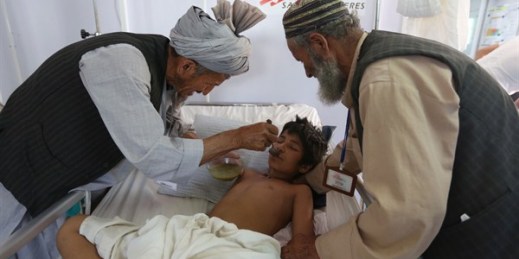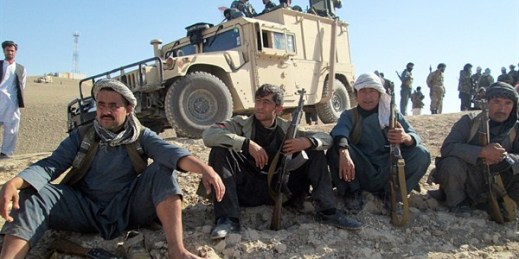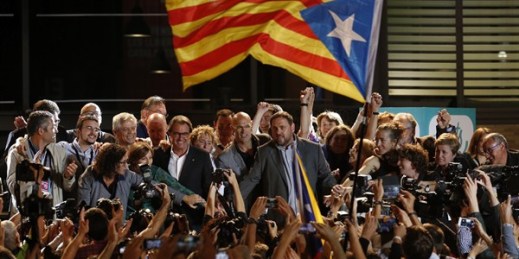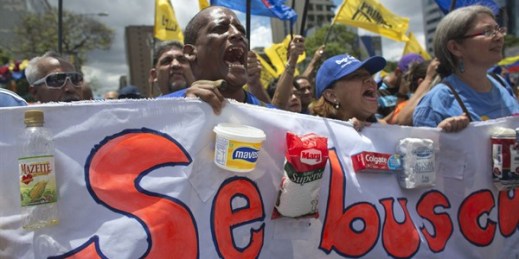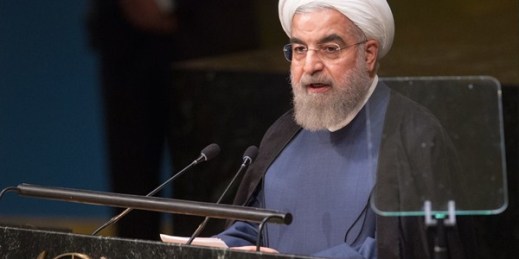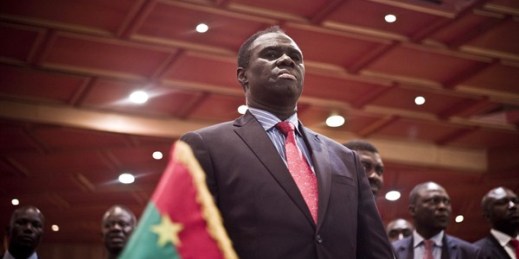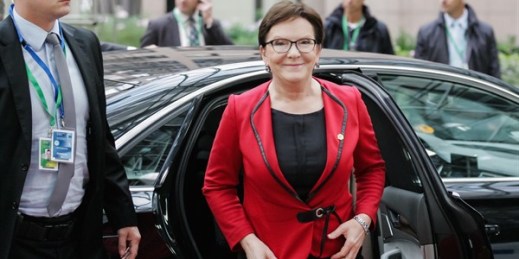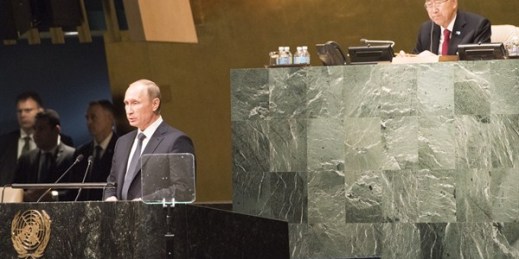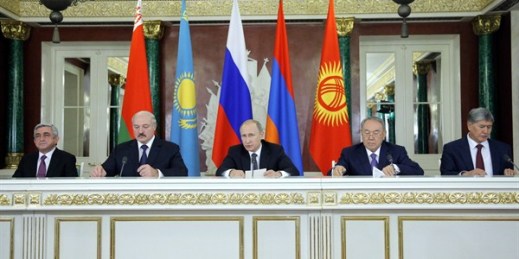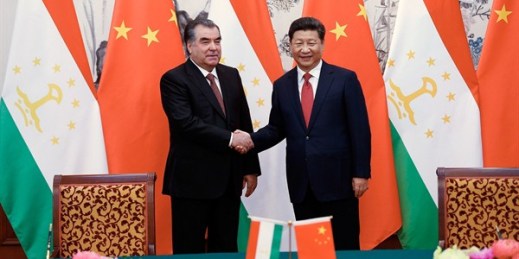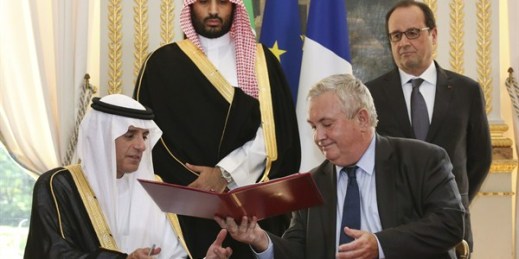
France’s increasingly close rapport with Saudi Arabia under President Francois Hollande has incensed some of his critics, who label him a hypocrite for touting a human rights agenda while maintaining cozy ties with the oil-rich Gulf nation notorious for public executions and beatings. Just recently, Riyadh stoked international outrage over news that 20-year-old Ali al-Nimr, arrested four years ago during anti-government protests—along with hundreds of other, mostly Shiite protesters in the city of Qatif—would be sentenced to death. Although France has not been particularly outspoken on Saudi Arabia’s frequent executions—175 in 12 months, according to an Amnesty International report from […]

